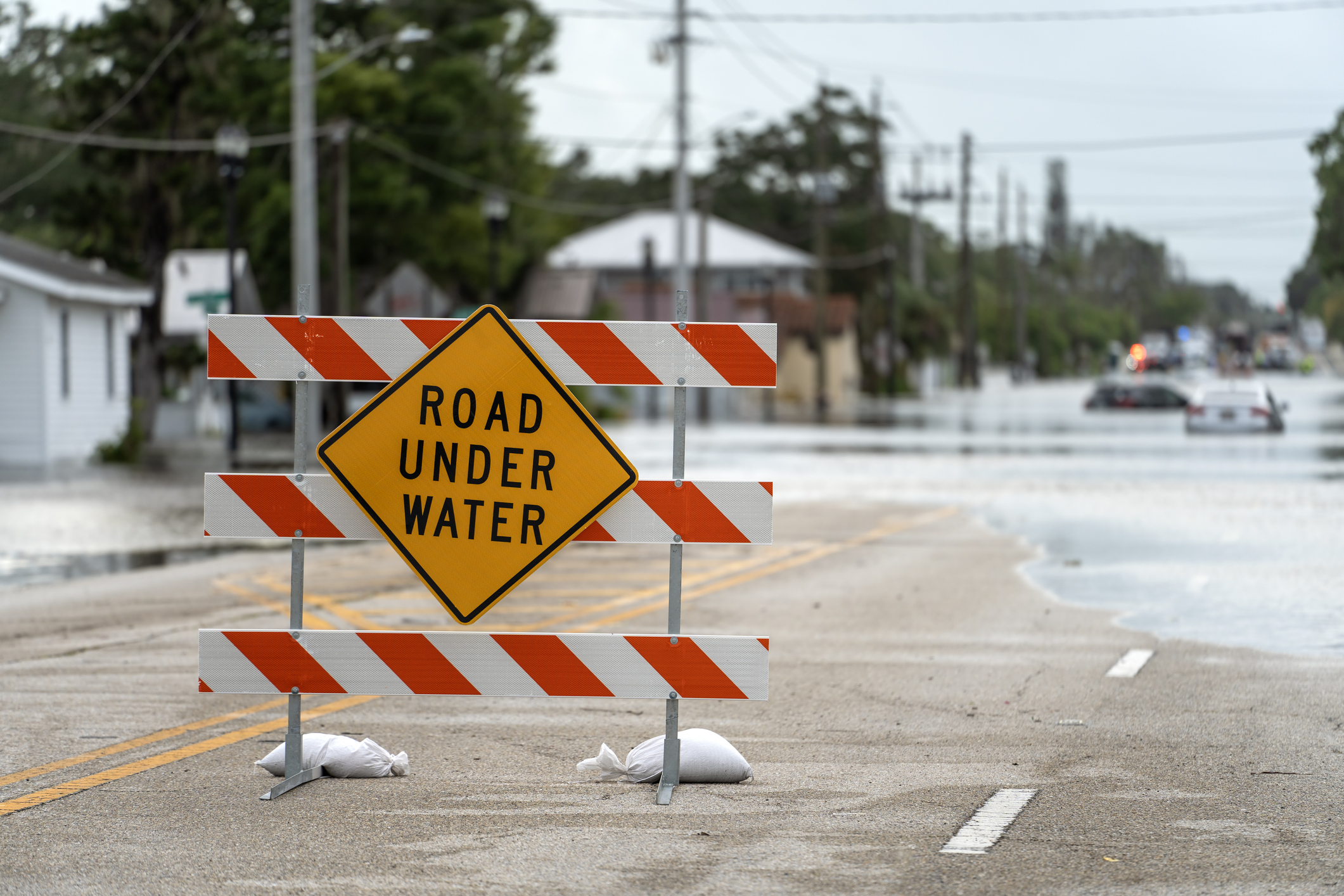When given a choice between real-world data and ideologically driven predictions, many environmental activists and environmental reporters will reject the data and opt for ideology.
The latest example of how facts are disregarded when they don’t tell the right story is the discussion about Washington state’s snowpack levels.
Recently, Spokesman-Review reporter Adam Shanks wrote about Washington’s snowpack, noting that while it was good this year, there would be problems in the future. The story cites “experts,” who include a staff member with The Lands Council, an activist with Spokane Riverkeeper, the Spokane Climate Project, and unnamed “climate experts.”
What wasn’t included anywhere in the story was real data. A reader who saw a piece I had written on snowpack noticed the lack of data and sent an e-mail to the reporter. The reader said that while “most of the [Spokesman-Review] article left me feeling like there is great cause for concern,” he noted the data I provided in a previous blog which noted that Washington state snowpack was above normal for 13 of the last 16 years. He concluded by writing, “Is it possible that in a future article, you [Mr. Shanks] could share this other side of the story with your readers? Thanks for considering this info.” The reader included a link to my data.
The terse reply from the reporter is emblematic of the biased and myopic approach to environmental reporting.
Shanks responded, “What you just sent me is not a news story, but an opinion piece written by a conservative think tank.”
This response is ironic. Shanks dismisses “conservative” sources, but obviously isn’t bothered by opinion and speculation from left-wing environmental groups.
My article was built on data from the Natural Resources Conservation Service (NRCS), which is the official U.S. agency that tracks snowpack.
Shanks argues that in the future, Spokane will receive less snowfall and that the snowfall will melt early, something he says is already changing. He made reference to this again in his response to the reader, saying he should read a comment responding to my blog that claimed that while we had ... seen many years of higher-than-normal snowpack, the snow was melting “a month earlier than the 20-year normal.”
There is actual federal data to check this claim that snowpack is melting earlier and shows that this is not accurate.
The NRCS recently updated its 30-year normal, shifting the range from 1981-2010 to 1991-2020. Comparing these standards can show the “normal” date when the last snow melts. In the case of Spokane, it moved one day later. Far from snowmelt being a month earlier as the commenter claimed and Shanks believes, melting is actually happening slightly later. Other snowsheds show the same thing. The last day of measurable snow in the Lower Columbia, Olympic, North Puget Sound, Central Puget Sound, South Puget Sound, Upper Columbia, Spokane, and the Lower Snake-Walla Walla snowsheds are all the same or later than the previous normal.
Just as some falsely claim we are already seeing declining snowpack, the claim that we are already seeing earlier melting is also false and is contradicted by the data.
I sent an e-mail to Shanks offering this data. He said he wasn’t interested. After I pressed, noting that the federal NRCS data contradicted his claims, he dismissed me as a “political operator paid to obfuscate climate data.”
The data don’t point the way he wants, so he is not interested in it and shoots the messenger.
Having failed to accurately describe the present situation, what activists and activist reporters revert to is to cite projections that in the future they will be right. Perhaps. I certainly believe that temperatures will continue to increase, and it could change the amount and timing of water availability. That change could be significant, or it could be mild. But people who don’t take the time to check the existing scientific data shouldn’t be given the benefit of the doubt when making exaggerated predictions about the future.
The response of The Spokesman-Review reporter is just the latest example of a trend that is anti-science. It leads, ultimately, to destructive policy based on rejecting proven facts in favor of a speculative ideological future.




